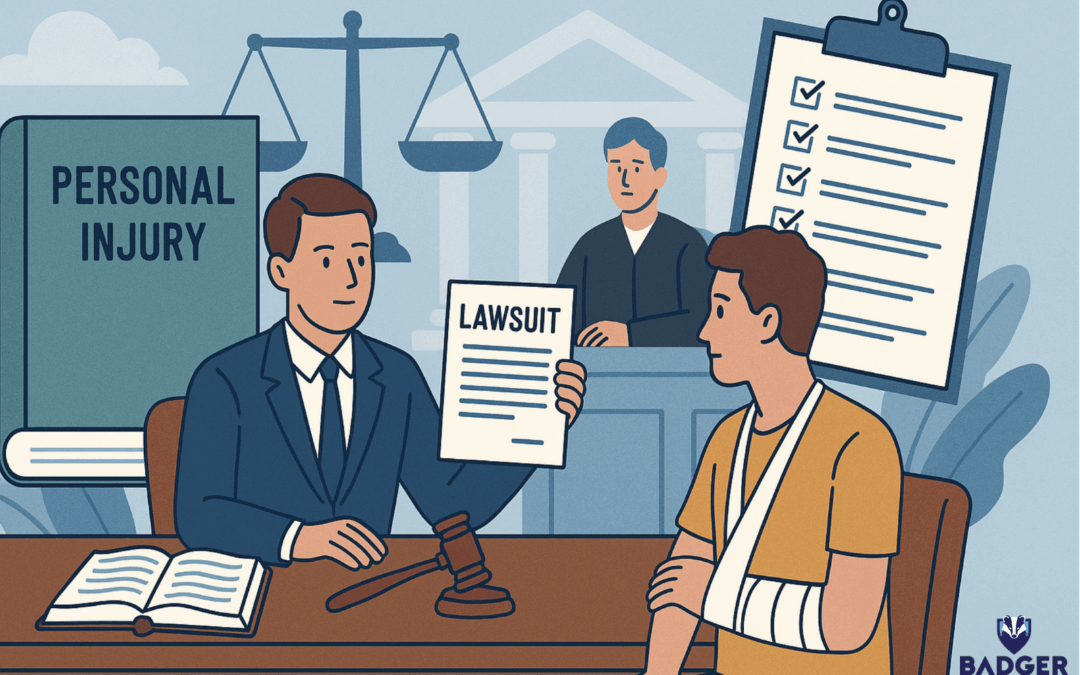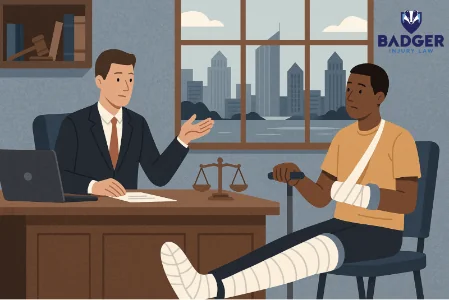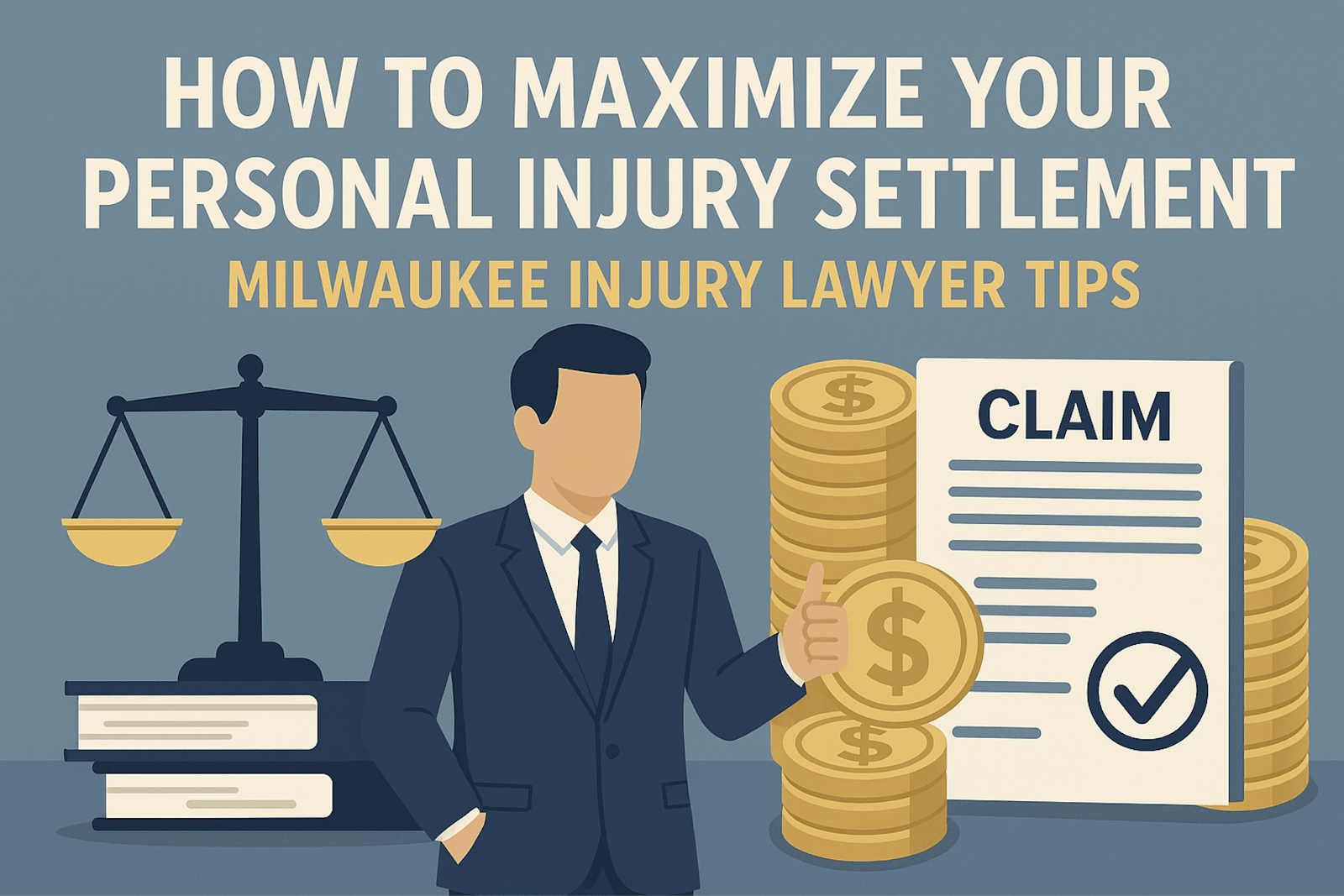If you’ve been injured due to someone else’s negligence in Wisconsin, you may be entitled to compensation for medical bills, lost wages, pain and suffering, and more. However, personal injury laws vary by state, and understanding Wisconsin’s legal landscape is essential to protecting your rights. Here’s what you need to know.
What You Need To Know About Wisconsin’s Personal Injury Laws
1. Wisconsin Follows a Comparative Negligence Rule
Wisconsin uses a modified comparative negligence system, which means that even if you are partially at fault for an accident, you can still recover compensation—as long as you are not more than 50% responsible. However, your compensation will be reduced by your percentage of fault.
Example: If you are found to be 20% at fault in a car accident and your damages total $100,000, your compensation would be reduced by 20%, leaving you with $80,000.
2. There’s a Deadline to File Your Personal Injury Claim
Wisconsin has a statute of limitations that sets a time limit for filing a personal injury lawsuit. In most cases, you have three years from the date of the accident to take legal action.
However, some exceptions apply:
- Wrongful Death Claims: Families generally have three years from the date of death to file a claim.
- Claims Against the Government: If you are filing a claim against a government entity, you must file a notice of claim within 120 days of the injury.
Failing to file within the deadline may result in losing your right to seek compensation.
3. Wisconsin Follows a “Fault-Based” System for Insurance Claims
Wisconsin is an at-fault state, meaning that the person responsible for causing an accident is also responsible for paying damages. If you are injured, you typically have three options:
- File a claim with the at-fault party’s insurance company.
- File a claim with your own insurance company (if you have coverage that applies).
- File a lawsuit against the at-fault party.
Because insurance companies often try to minimize payouts, having an attorney negotiate on your behalf can make a significant difference.
4. Damage Caps May Apply in Certain Cases
While Wisconsin does not cap damages in most personal injury cases, there are limits in medical malpractice and claims against the government:
- Medical Malpractice Claims: Non-economic damages (such as pain and suffering) are capped at $750,000.
- Claims Against the Government: Lawsuits against government entities are limited to $250,000, and punitive damages cannot be awarded.
5. You May Be Entitled to Various Types of Compensation
If you’ve been injured, you may be eligible for compensation, including:
Medical Expenses: Past and future medical bills related to your injury.
Lost Wages: Compensation for income lost due to your inability to work.
Pain and Suffering: Compensation for physical pain, emotional distress, and reduced quality of life.
Property Damage: Costs to repair or replace damaged property, such as a vehicle.
Punitive Damages: In rare cases involving extreme negligence, additional damages may be awarded to punish the at-fault party.












